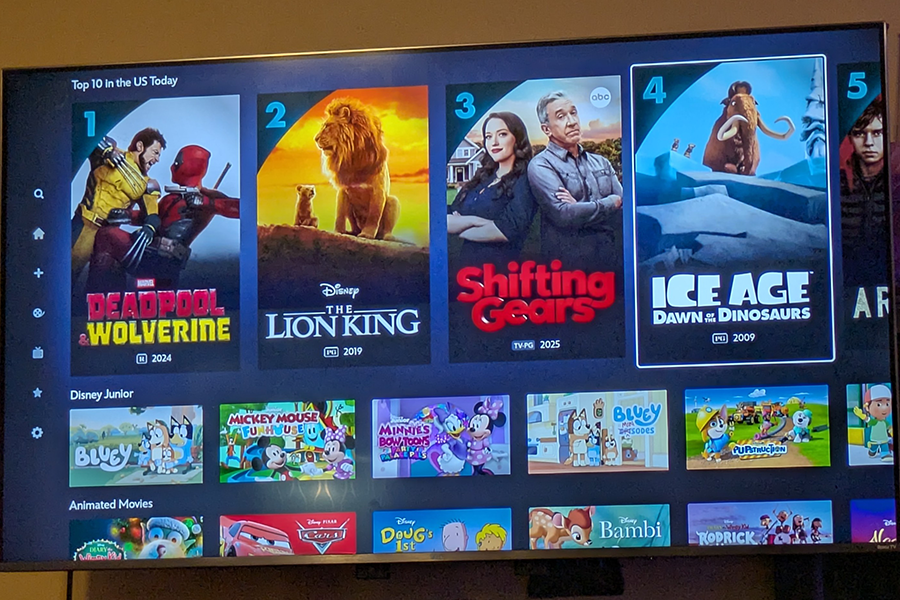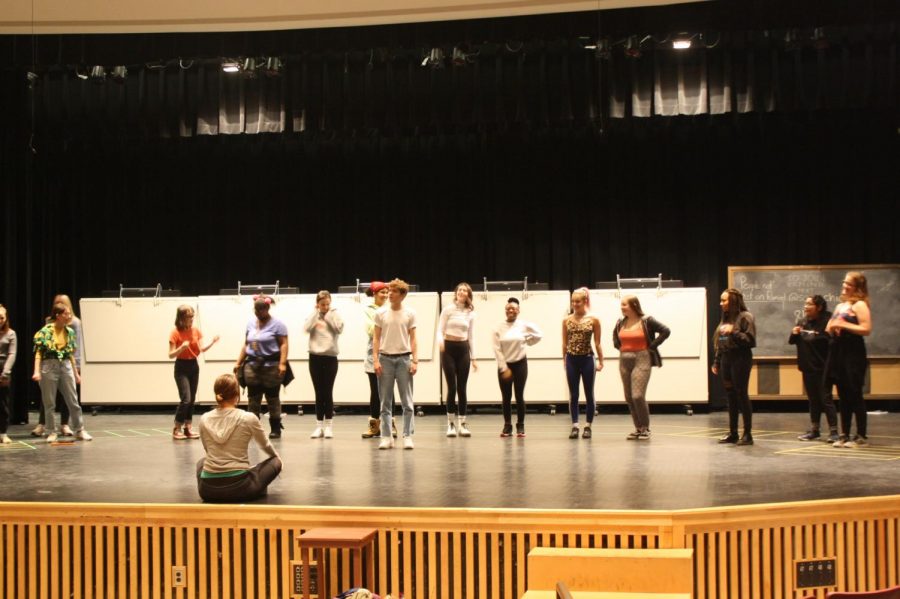When it comes to theater, South is no stranger to controversy. This is especially true in South High Theater’s presentation of Shakespeare’s “Merchant of Venice,” which makes its debut on the mainstage this December.
Louise Bormann, English teacher and accomplished director of South High Theater, is ensuring her final production goes out with a bang with her adaptation of the play. She has made several decisions that might stimulate discord in the audience, mainly through casting decisions and decisions regarding the omissions of lines, or lack thereof.
Bormann has made the choice to cast senior Susie Campbell as Antonio. Normally, this decision would not be of great importance, but the fact that Bormann cast her as a man may turn heads simply because Shakespeare alludes that the character Antonio is in a romantic relationship with another male character. “It’s there,” Bormann said of the relationship, “I didn’t have to put any emphasis on it. It’s only because it’s cast as a woman that someone might say, ‘That’s an interesting choice.’ It leaves the transgender idea open.”
Even though these casting decisions could be construed as Bormann trying to highlight the relationship, she stresses that “it’s more up to the actor developing this role to determine.”
However, Campbell has chosen not to focus as much on the transgender idea, but rather explore the offensive side of the character. “He is very anti-Semitic,” said Campbell, “and I’m choosing to play him as such because I don’t think you can gloss over it.”
In fact, casting decisions are only the tip of the iceberg. The more potent controversy lies in the material itself, as Campbell indicates. Bormann has chosen to leave harshly anti-Semitic lines in the script that even the Guthrie had removed.
“There will be people who are offended because of the terrible things that the ‘heroes’ say to Shylock, but it is based in historical truth, that the Jews were, by law, treated terribly,” said Bormann.
Choosing to keep most of the provocative script intact does have its reasons, though. Campbell believes that the themes such as bullying and hate are important because “it obviously carries to today. People still hate certain groups of people.”
Bormann agrees that the themes pertain to today. “I think [the play] speaks to our time because of all the bullying that we have in our culture, and how people look the other way unless things are just awful,” she explained. She goes on to use the recent marriage bill as an example: “Putting the Marriage Act on our ballot is a huge ‘let’s vote whether somebody should have equal rights,’ [but equality is] the premise of our entire democracy.”
Junior Lillie Benowitz, Jewish student and member of the North American Federation of Temple Youth, can see where Bormann and Campbell are coming from. “It’s important to see a piece of art as a whole,” said Benowitz, “and although that’s offensive, it’s important to still present it as an anti-Semitic comment. It’s not fair to filter something that you show to kids.”
Bormann agrees that excessive filtering is unacceptable. “I think it alters the whole idea of the play,” she stated, “[in Shakespeare’s time,] everybody made jokes about Jews because that was the scapegoat of that time period.”
“It will be hard to watch,” continued Bormann, “I hope it will be hard for people to watch, to see that you just cannot treat human beings like this.”












